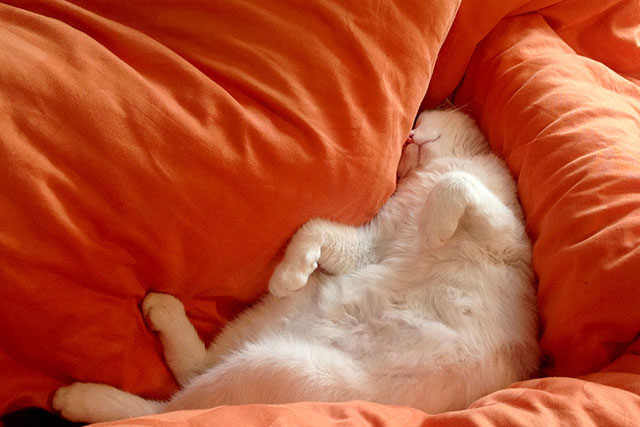Cognitive Behavioural Therapy for Insomnia (CBT-I)
Find Peaceful Slumber: Effective Therapeutic Strategies To Overcome Insomnia
People seeking treatment for insomnia often describe problems falling and staying asleep, as well as experience daytime sleepiness. Persistent insomnia is a fairly common condition that affects 15-33% of the population. It can have a significant impact on healthy functioning and has been associated with a range of problems such as greater risk of anxiety, depression, strain in relationships, poor work performance, hypertension, diabetes, accidents, and pain.
Cognitive behaviour therapy for insomnia is an empirically supported, first-line treatment in Canadian, American, and British medical guidelines. Over the years a large body of research, including randomized control trials, has indicated strong support for its effectiveness. CBT-I is a brief treatment that typically involves four to eight sessions.
CBT-I can be used as a stand-alone treatment or incorporated into other therapy for different conditions such as Mood and Anxiety Disorders. Chronic insomnia does not typically improve alongside improvement in problems such as Major Depressive Disorder; in fact, persistent problems with insomnia can increase your risk of relapse. Therefore, it is important to treat both the sleep problem and a coexisting disorder together.
How Does Cognitive Behavioural Therapy For Insomnia (CBT-I) Work?
CBT-I is a structured treatment and helps you target specific sleep problems. Essentially, CBT-I aims to help you overcome the underlying causes of your sleep difficulties. The beginning step in treatment involves assessing for insomnia and other sleep disorders. Afterward, your psychologist will ask you to complete a sleep diary for one to two weeks to gain a better understanding of your sleep cycle as well as thoughts and behaviors that may be contributing to sleep problems.
Treatment will involve psychoeducation on insomnia such as learning about the sleep cycle and the function of your sleep drive. The behavioral component of CBT-I helps you reset your relationship to the bed (e.g., typically one associated with struggle and unpleasant arousal) and regain a healthy perception of the bedroom as a place for sleep and renewal. Together with these specific conditioning techniques, you will learn strategies to improve the quality of your sleep, which can initially involve restriction in sleep and a gradual increase in quantity.
The cognitive aspect of CBT-I involves identifying and responding to thoughts that contribute to sleep problems such as excessive worry or rumination, unrealistic expectations about sleep, and unhelpful beliefs about sleep effort such as attempting to control your thoughts and emotions. The cognitive component occurs throughout your treatment with behavioral strategies.
Is Cognitive Behavioural Therapy For Insomnia (CBT-I) Effective?
CBT-I has demonstrated to be 70-80% effective in treating chronic sleep problems. Sleep medications can be an effective short-term treatment — for example, they can provide immediate relief during a period of high stress or grief. CBT-I may be a helpful treatment choice if you have long-term sleep problems. Unlike medication, CBT-I addresses the underlying causes of insomnia rather than just relieving symptoms. In addition, CBT-I provides you with the tools to address sleep problems if they arise in the future.
Ready To Embrace A Night Of Restful Sleep?
Contact us today to explore personalized insomnia treatment options and reclaim your nights.

